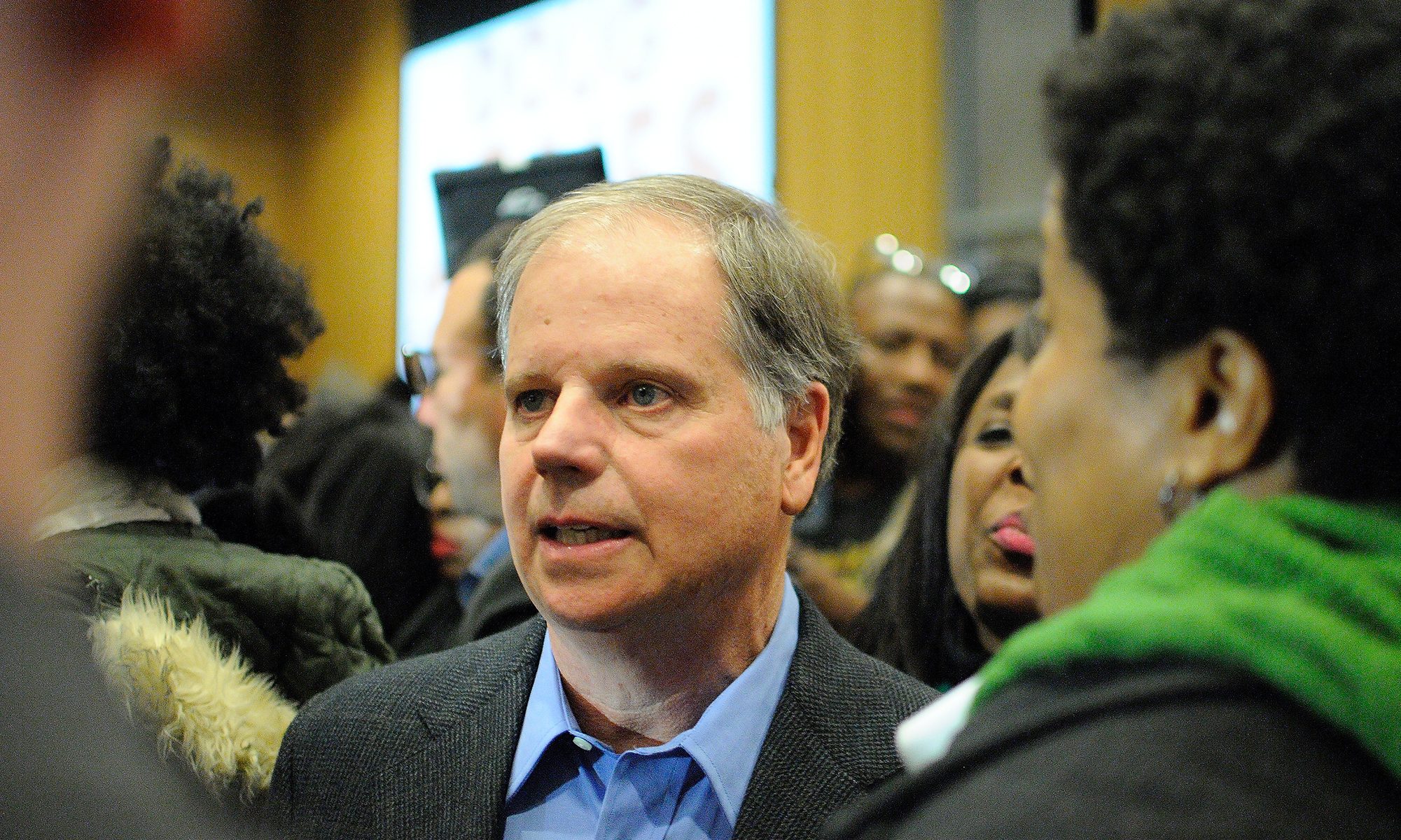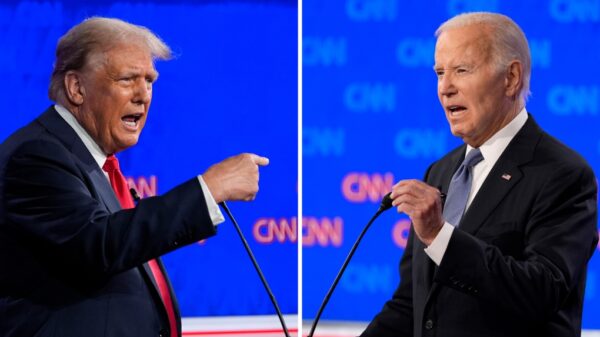In what might seem surprising to some, The Cook Political Report, last week, moved U.S. Senator Democrat Doug Jones’ re-election bid into the “Toss-up” category.
“A year into this election cycle, the overall Senate landscape generally looks much like I thought it would,” writes The Cook Political Report’s Jennifer E. Duffy. “The races that seemed likely to be the most competitive are, in fact, the most competitive today. And, if the race ratings don’t quite reflect it yet, Democrats appear to have expanded the playing field enough to put Republicans’ majority at risk.”
Jones’ campaign cites strong Q3 fundraising and recent legislative victories as reasons to be optimistic.
“Democratic strategists argue that Jones does have a path to victory, but they also acknowledge that he needs a few breaks,” notes Duffy.
Democratic polls show a tight race in 2020 depending on who wins Alabama’s Republican Primary. Currently, former U.S. Senator and former U.S. Attorney General Jeff Sessions is narrowly leading the field of contenders. Still, a recent ALFA survey finds Sessions in a statistical dead heat with former Auburn coach Tommy Tuberville.
An early December survey by Sessions’ campaign found that he is only pulling around 40 percent of the Republican vote heading into the March 2020 primary.
As the Cook Report concludes, “It’s been a very long time since Sessions has been in a race that will be as competitive as this one.”
The battle for the Republican nomination the Cook Report believes gives Jones some running room as the top three candidates; Sessions, Tuberville and Rep. Bradley Byrne slug it out over the next few months.
“The primary does give Jones some breathing room to raise money and put his organization together,” says Duffy.
She also says that Sessions’ entry into the race has altered the dynamic in another critical way, relegating, “the candidacy of former state Supreme Court Justice and ’17 Senate nominee Roy Moore to the nosebleed seats. Duffy surmises that Moore, ‘is now an asterisk in this race as opposed to the threat that Democrats hoped for and Republicans feared.’”
Jones’ narrow path to victory is also hampered by President Donald Trump being at the top of the ticket as he remains extremely popular in the state.
The slim margin by which Jones beat Moore in 2017, will be challenging to achieve with an energized Republican base.
Duffy raises the question of how Jones’ vote on impeachment might affect his reelection prospects. Inevitably, voters in Alabama who think the president should be acquitted will not be swayed in Jones’ favor no matter how he votes on impeachment and a vote to acquit would put “Jones at odds with his party, especially activists and donors,” as Duffy concludes.
Politicos in Alabama and across the nation are focused on the Senate race in Alabama because it is dramatic political theatre but also because it could be the key to Democrat control of the U.S. Senate.















































